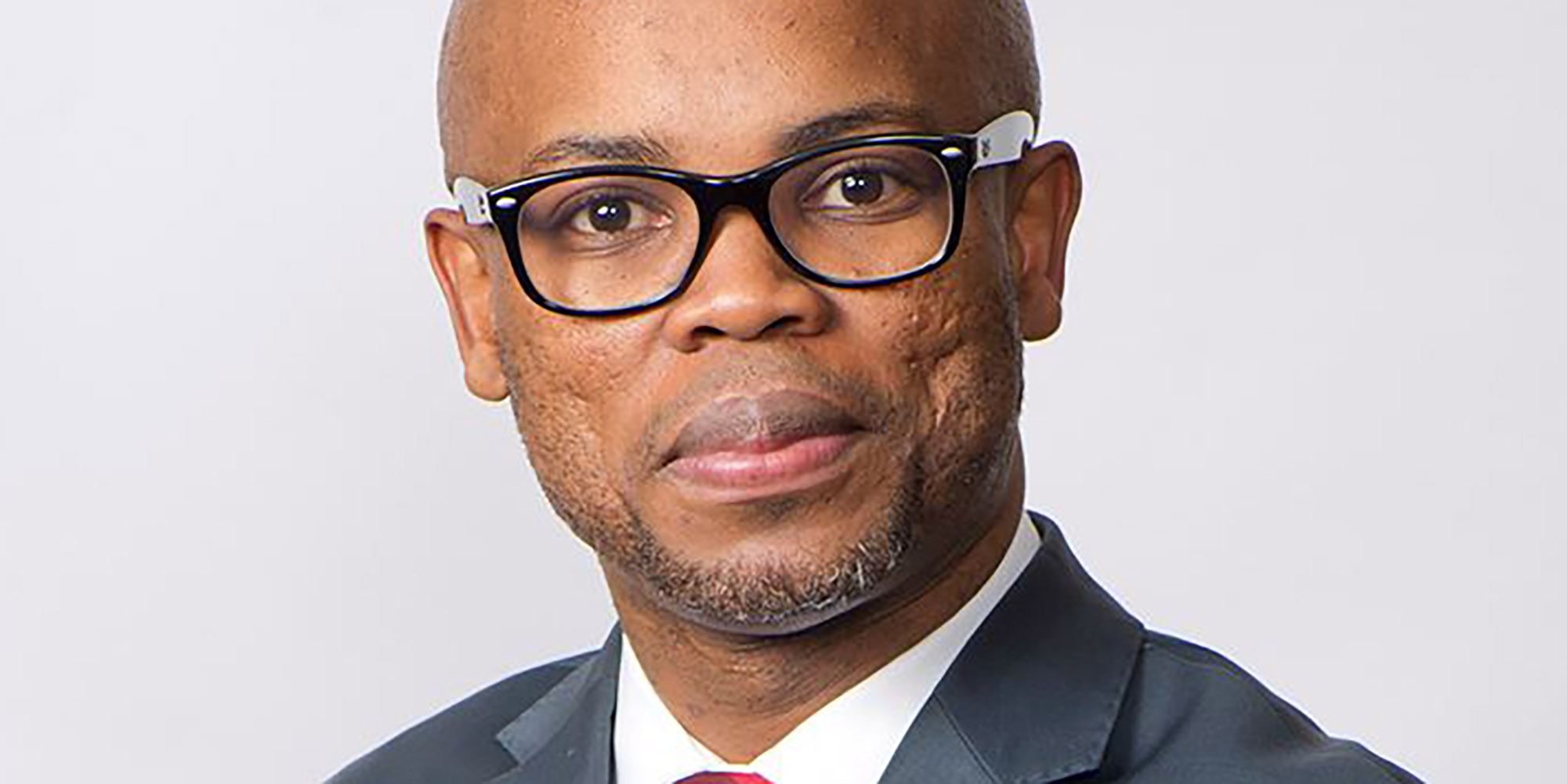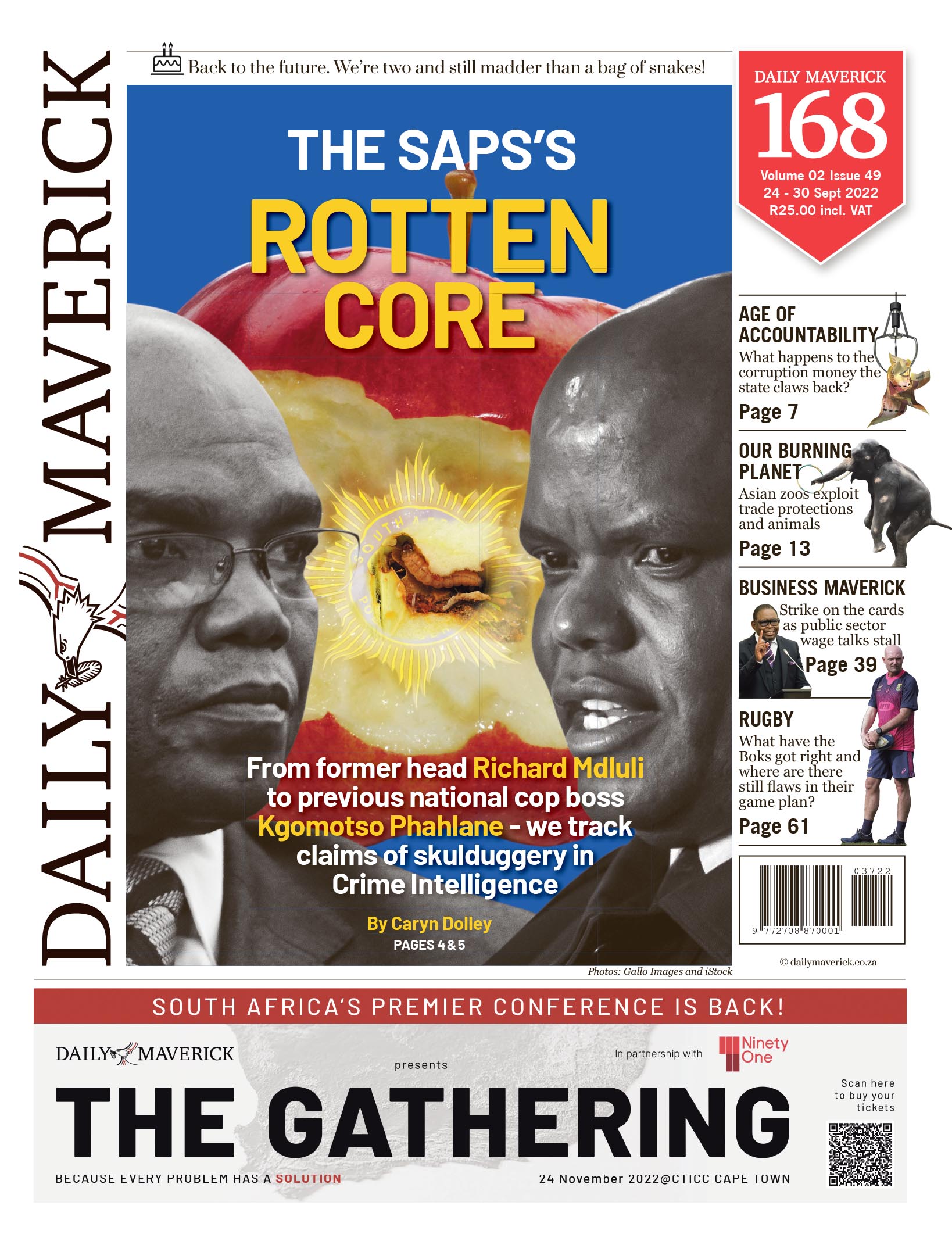FSCA DISCUSSION PAPER
Financial regulator proposes putting R90bn of unclaimed benefits into single social development fund

South Africa’s financial regulator has suggested putting all the stray money knocking around in the industry into a single pot that could fund social development projects – but your assets will never be forfeited.
The Financial Sector Conduct Authority (FSCA) published a discussion paper recently proposing that almost R90-billion of unclaimed benefits across the financial services industry be moved to a single fund, the proceeds of which could be invested in social development projects.
The unclaimed benefits include retirement savings, investment payouts, dormant bank accounts and dividends. The aim is to find a solution that will get the funds paid out to the correct beneficiaries.
The unclaimed benefits that the FSCA is working with span different time periods for different sectors:
- Collective investment schemes and life insurance (2020/21) – R33.5-billion;
- Retirement funds (2020) – R47.2-billion;
- Unclaimed dividends (2019) – R4.5-billion; and
- Dormant bank accounts (2018-2021) – R3.6-billion.
FSCA commissioner Unathi Kamlana says work is continuing to establish the true value of unclaimed assets, given that they are held by various financial institutions, not only retirement funds.
“We recognise that good progress has been made, but as the FSCA we remain concerned because, ultimately, we have to consider whether the customers, and beneficiaries in this case, are being treated fairly. It is quite clear that we have to improve the outcomes for customers and that’s what this paper is trying to achieve,” says Kamlana.
The discussion paper outlines reasons for the nature and extent of the problem of unclaimed assets, which vary by sector. The most common reasons are:
- Consumers’ failure to keep financial institutions updated with their contact details and the personal details of their beneficiaries, and to inform their beneficiaries of the existence of the assets and the institutions where they are held;
- Inadequate record-keeping by financial institutions and intermediaries;
- Inconsistent approaches to the identification and treatment of unclaimed assets both within market segments and across the entire financial sector;
- Failure by employers to provide retirement funds and administrators with complete details of the members of the fund; and
- Changes in intermediaries and administrators.
Rosemary Lightbody, senior policy adviser at the Association for Savings and Investment South Africa (Asisa) – which represents most life insurers – says that in a world where policy documents and investment contracts are sent by email and usually stored electronically, it is often extremely difficult for beneficiaries and heirs to find policies and investments when someone dies.
“Without access to someone’s computer or laptop, it is almost impossible to piece together their financial affairs. I would therefore like to encourage all consumers to ensure that a register of policy details, investment accounts as well as bank accounts is shared with someone trustworthy, whether a relative, close friend, financial adviser or estate planner. This register should be placed in safekeeping together with an up-to-date copy of your will,” says Lightbody.
Visit Daily Maverick’s home page for more news, analysis and investigations
The biggest changes proposed
The FSCA discussion paper includes these recommendations:
Establishing a single Central Unclaimed Assets Fund
All assets identified as unclaimed should be transferred into the fund and managed on behalf of the sector.
The regulator proposes that, if this option does not work, the alternative could be to transfer all unclaimed assets into the National Revenue Fund. The deputy commissioner of the FSCA, Kathy Gibson, notes that the correct governance structure will be critical for success.
“Ultimately, the board of the central fund would be responsible for taking operational decisions, including levels of reserves to meet future claims and level of distribution,” she says.
“We can mitigate risks by ensuring the right representation on the board and ensuring there is no political interference.”
She says the FSCA is looking at international best practice in countries including Australia, Canada, Japan, Kenya, Ireland, Malaysia, Singapore, South Korea and the United Kingdom.
Projects with social, environmental and developmental benefits
The FSCA proposes that actuarially allocated amounts be invested through social impact funds to support infrastructure development, with specific deliverables such as schools and clinics.
Amounts should be allocated to such funds on a fair basis (based on the relative sizes of the funds, for example), although consideration should be given to supporting emerging black asset managers.
The types of assets to be included would be investment returns, life insurance proceeds, bank deposits, dividends and securities and non-life-insurance proceeds.
An aligned approach
There should be a common understanding of what constitutes a dormant account, a lost account and an unclaimed asset.
In other words, there should be no deadline upon which you forfeit your assets if you don’t claim them. The first principle of the Asisa Standard on Unclaimed Assets is that your right to an unclaimed asset remains until the claim is paid or the asset is returned, regardless of the timeframe.
However, when an Asisa member company concludes that all reasonable efforts to trace the customer, heirs or beneficiaries have been exhausted over a three-year period, the assets may be put into socially responsible investments with commercial returns such as enterprise supplier development funds.
Tax neutrality
Benefits should be taxed only when a beneficiary claims them, not at the time they move into the Central Unclaimed Benefits Fund.
Standardised reporting
Financial institutions would have to keep records of identified dormant accounts and unclaimed assets, including the number of accounts and beneficial owners, asset types, individual asset values, the age of assets, the age and race of beneficial owners, and how the institution has tried to trace owners. The information would have to be reported regularly to the FSCA.
A centralised database
This would help with tracing efforts across the financial services industry. Australia, Chile, Hong Kong, China, Maldives and Switzerland have centralised information collection.
A minimum threshold for unclaimed assets
These funds can still be claimed at any point, but no money would be spent on active tracing of beneficiaries. At this stage, it is proposed that the threshold amount be set initially at R1,000 for unclaimed assets deriving from a retirement fund that is older than 20 years, and R100 for all other assets.
Increasing the monitoring of financial institutions with a high quantum of unclaimed benefits.
In the first phase, it is proposed that funds with more than R500-million in total unclaimed assets, or funds with average unclaimed assets exceeding R45,000 per beneficiary, be given priority.
A consumer awareness campaign
This would include financial institutions having to disclose to customers, at point of sale and regularly in after-sales service, the implications of an unclaimed asset and maintaining a dormant financial product as opposed to closing or terminating it.
Regulation of tracing agents
Although tracing agents are mainly concentrated in the retirement sector at present, it is expected that they would extend to other sectors, and regulation would curb abusive practices. DM168
This story first appeared in our weekly Daily Maverick 168 newspaper, which is available countrywide for R25.





















Great news for the South African folk, another meat pie has been found where the people who do not count are going to eat from, with lots of chakalaka gravy and imported mpupu.
I am so glad that I looked after my money myself !!!!
Watch that R90 billion disappear in no time.